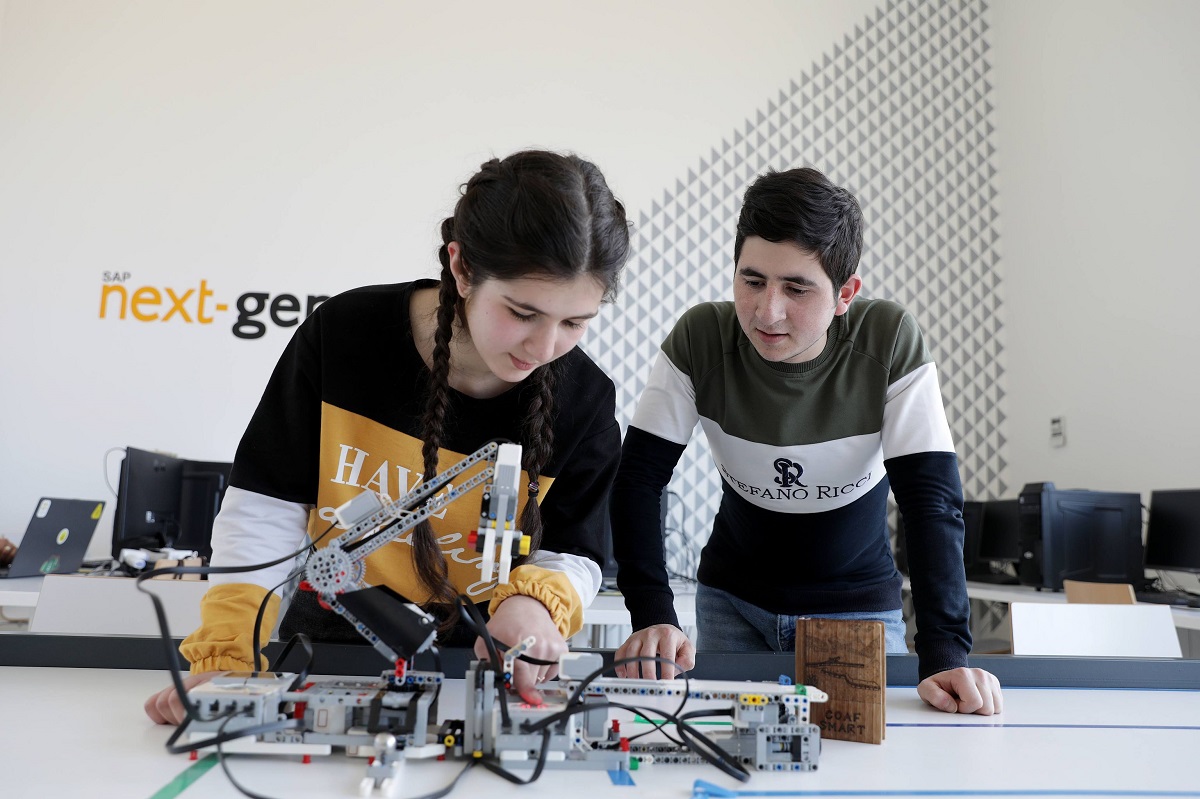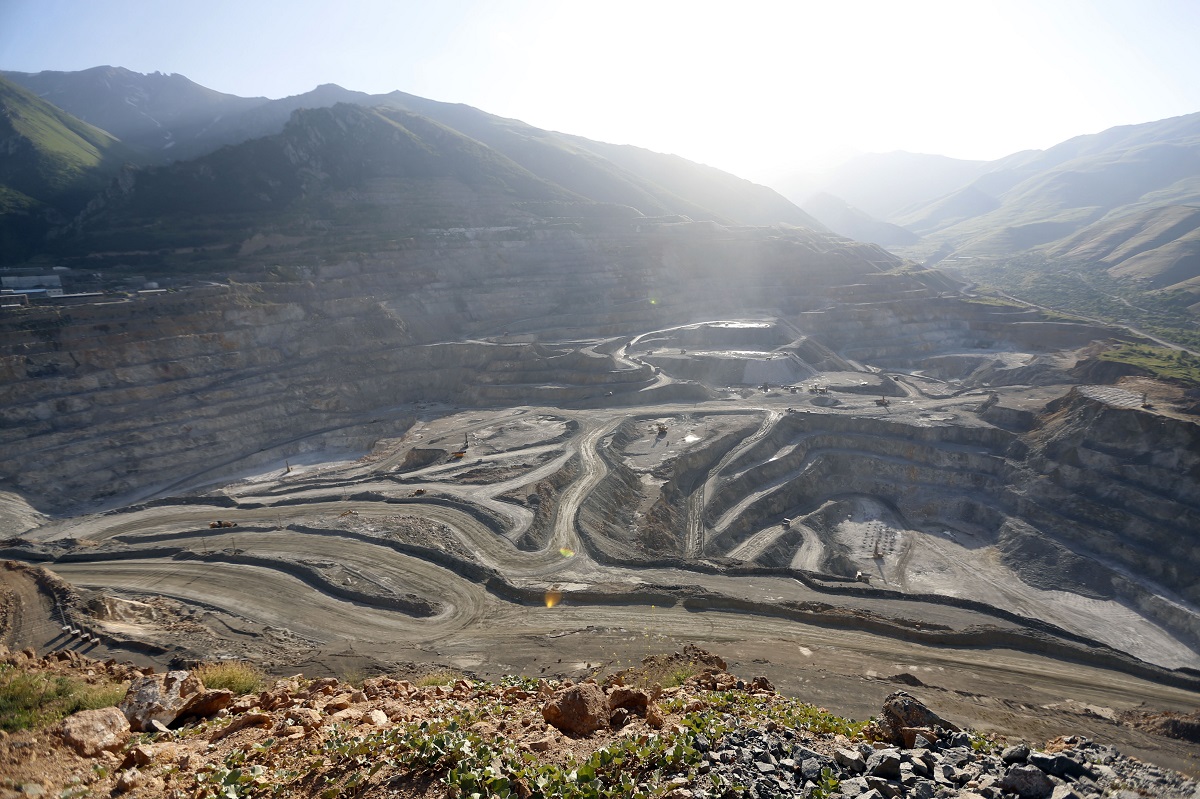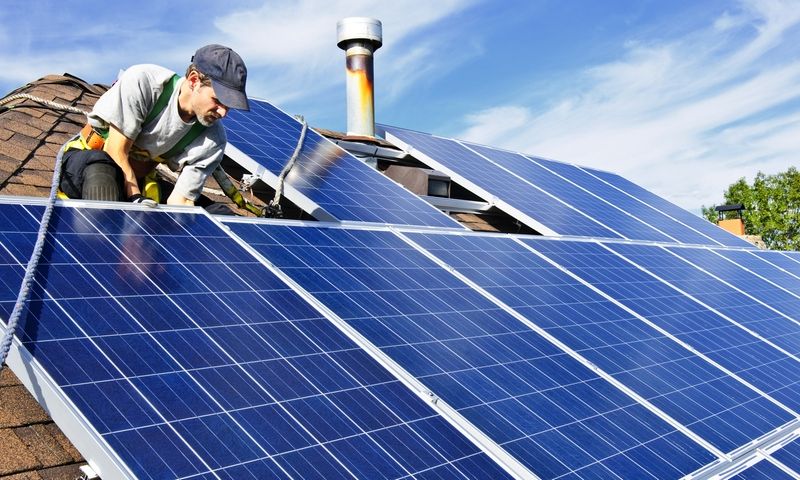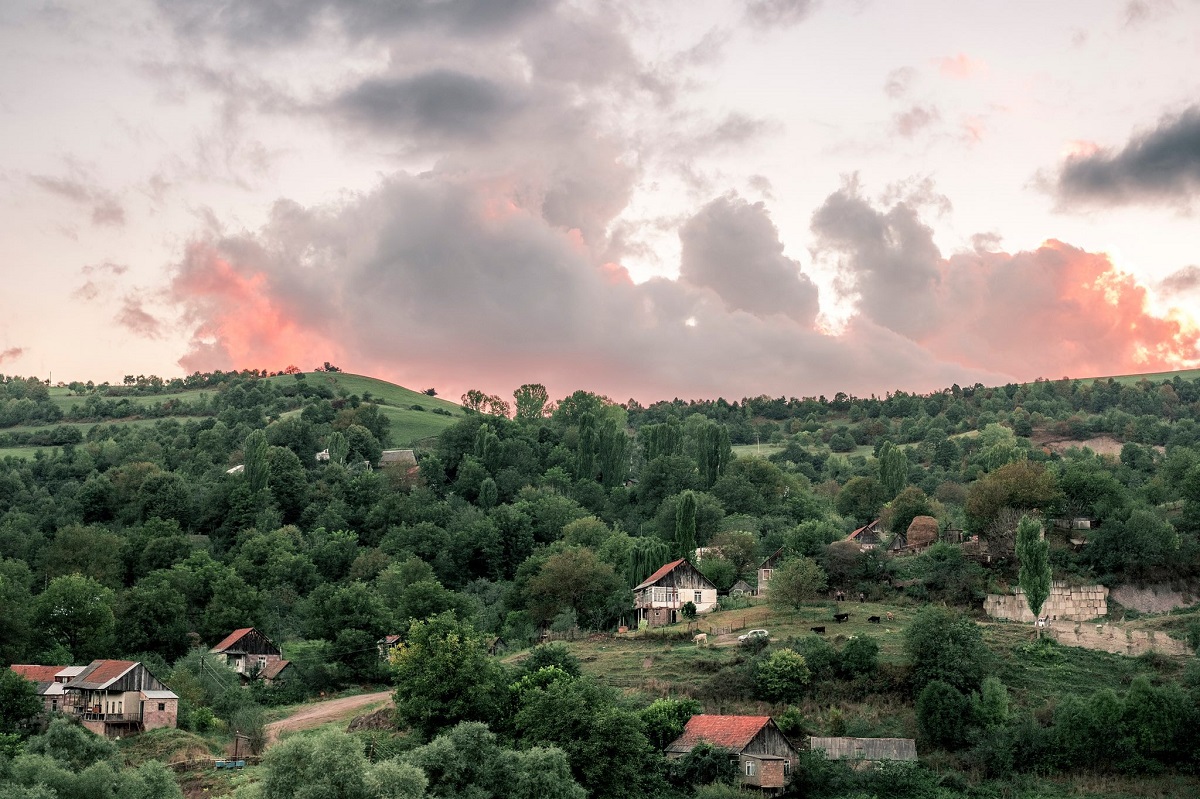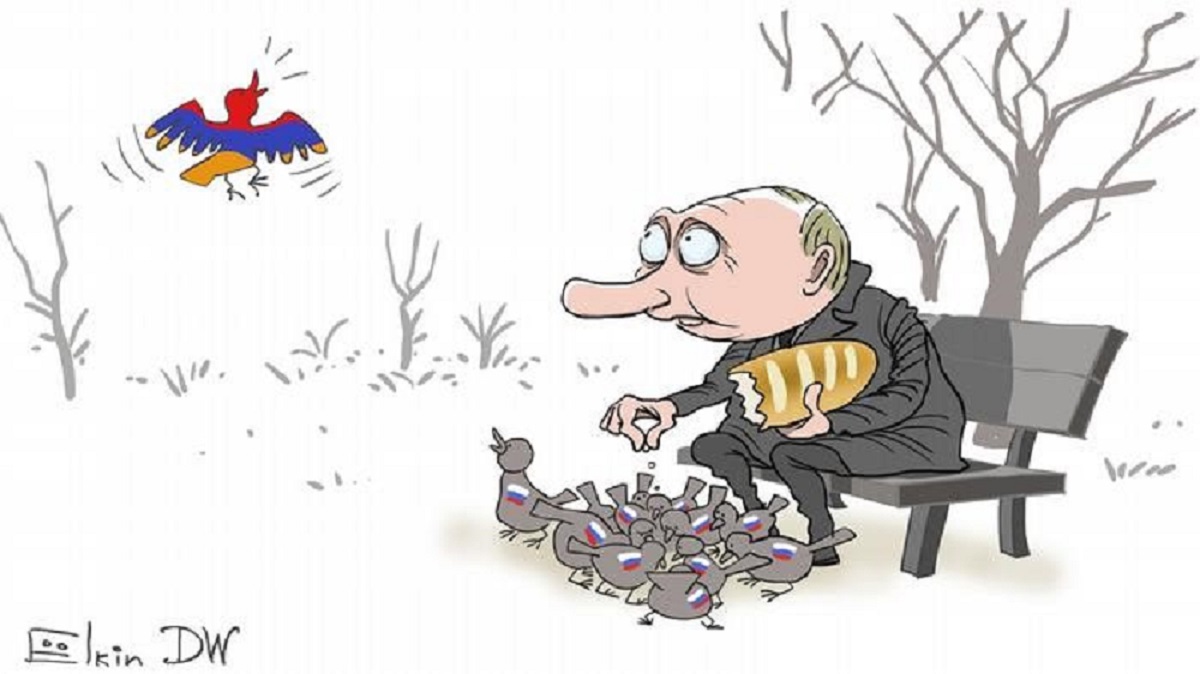Free electricity trade in Armenia: what does it actually mean?
Liberalization of the energy market in Armenia
The Armenian electricity market has been liberalized. This means that from now on, the consumer will decide for themselves at what price to buy electricity and from which producers. This is a complex process, but there is no alternative, and many countries are already following this path.
The energy market has been liberalized in all EU countries, in the USA, Russia, Ukraine, Kazakhstan, Georgia, and it is being liberalized in Moldova, in Armenia – from February 1, 2022.
- Armenia’s Metsamor power plant and people who live around it
- Moving towards solar energy: will Armenia give up its nuclear power plant?
- Solar panels installed on apartment buildings in Yerevan
- Energy security in Armenia: accomplishments, dangers and risks
The ABC of market liberalization
Electricity is a commodity and can be sold at different prices. For example, in many countries there are people who, in the conditions of free market relations, choose “green energy” and are ready to pay more for electricity.
The reliability of the buying and selling process is guaranteed by the state.
This is the commodity market where there can be no monopoly, in other words, transparency in the formation of tariffs and healthy competition is important. And for this, there should be many players in the market – large and small organizations that sell electricity.
In Armenia, the Market liberalization & electricity trade program is being implemented by the United States Agency for International Development (USAID). The Commission for the Regulation of Public Utilities, the Ministry of Territorial Administration and Infrastructures, represented by the Energy Department, are actively involved in the process.
Previously, all citizens and businesses bought electricity from the Electric Networks of Armenia company. Although it distributes electricity at fixed rates set by the Public Utilities Regulatory Commission, it is its rationale that influences pricing.
The Electric Networks of Armenia company was founded in 2002, and is engaged in the distribution and sale of electricity, serving more than 1 million consumers. The total length of the networks is 36,000 km.
In 2015, mass protests took place in the capital of Armenia against the increase in tariffs, which were remembered under the name “Electric Yerevan” (#ElectricYerevan). Experts explained that the reason for the increase in tariffs was the failed management of the company by Russian management. It was then a 100% subsidiary of the Russian company Inter RAO. The protesters managed to ensure that the tariff did not change. And in 2016, an Armenian businessman living in Russia, Samvel Karapetyan, acquired the Electric Networks of Armenia and made large financial investments.
As a result of market changes, electricity sellers and buyers will now be able to transact online.
Sellers will come up with price offers for the provision of certain energy capacities. That is, an exchange for the sale of electricity will be formed.
In the new market, producers and distributors will remain the same, but a number of new supply companies will appear between them and consumers in the sales chain.
Licenses have already been issued for the sale of electricity to 6 companies, but consumers, including enterprises, are in no hurry to buy from them. Everyone is waiting for profitable offers and additional services, in order to refuse a contract with a guaranteed supplier – the Electric Networks of Armenia company.
The structure of the liberalized energy market will be similar to the sphere of Internet services. Whoever presents a more competitive price and additional offers will attract more consumers.
3 trading companies have already registered, that is, traders who will sell electricity to large consumers-enterprises, as well as carry out guaranteed interstate trade.
To regulate these new legal relations, changes were made to the legislation, since in addition to suppliers and traders, other links appeared in the industry that did not exist before. This is a system operator, a market operator and a settlement and payment center.
How the system will work
Producers, distributors, consumers, new suppliers, and traders are mainly involved in the sale of electricity on the market. To regulate their activity and make it predictable, a new link was created – the market operator. He is the main person responsible for the organization of the electricity trade in any market.
Companies can buy electricity both for months and for days, placing an order based on their monthly needs. This will help companies both calculate their costs correctly and “consume smart”.
For example, a bakery can calculate the amount of energy it needs for the next month and buy it from a manufacturer that offers better terms.
The price and volume agreement between the consumer and the supplier is monitored by the market operator to ensure that the supplier delivers on the promised volume and does not try to change the price. The operator controls the supply of the specified volume to the buyer so that he does not suffer, and can hold the supplier liable.
This link will monitor the implementation of contracts, collect and analyze data on electricity consumption and performance, intervene in disputes and monitor. Most importantly, this link will be aware of all financial calculations, although it will keep them as a trade secret.
The system operator is also an important structure, albeit with weaker powers. It will control the loading of the system, as quickly as possible selecting applications from buyers-suppliers in the market and setting the price and volume of electricity supplied for each hour of the next day. The market operator is also involved in the implementation of this function.
The system operator defines technical requirements, selects service providers and enters into long-term contracts.
At the same time, the electricity distribution network will still belong to the Electric Networks of Armenia company. Suppliers that enter the wholesale market will pay her to use the network and connect with their customers.
Contracts can be either monthly or annual, but it is considered appropriate to adjust contract volumes on a monthly basis.
About tariffs
The liberalization process assumes that the tariff should shape the market. There are now day and night tariffs, and large consumers pay more than residents. In this regard, they are more interested in finding cheap electricity.
If residents decide to change their main supplier, that is, Electric Networks of Armenia, to another, they are unlikely to be able to use its services at the same rate in the future.
The tariff setting function remains under the control of the Public Utilities Regulatory Commission. After some time, it will be necessary to discuss the need to establish new tariffs – seasonal, peak, or heavily underutilized night hours.
But at this point, all the talk about tariffs is unfounded, since the process is still at an early stage. Exhaustive answers to many questions can be obtained when sales contracts are already concluded, purchases begin and certain statistics appear.
What is certain is that in conditions of fair competition, tariffs will be logically acceptable and close to the real cost.
It is important that when trading electricity, producing companies and consumers will be responsible for sales and consumption volumes, and tariffs will be manageable in case of deviations of actual volumes from planned ones.
There are risks, and there are many of them
The liberalization of any monopoly sector is a bold reform and requires political will. Taking into account the participation of state bodies in this program, it can be said that the country wants to strengthen the energy system.
The emergence of new players makes the field more transparent and competitive, and most importantly, attractive for foreign investment.
This is one of the few branches of the Armenian economy where there are resources to create new capacities, and this is known to international partners as well. From time to time, the issue of building a new power unit of the Metsamor nuclear power plant is being discussed, various grant programs in the field of renewable energy are being implemented, small power plants are getting autonomy, etc.
If the new suppliers make some kind of behind-the-scenes agreements or, say, are associated with the Electric Networks of Armenia company, which occupies a monopoly position, the process will come to a standstill.
And then there is the issue of trust. Despite the fact that many companies are already interested in the process of free procurement until time passes and the results are analyzed, both residents and businessmen will have doubts about transparency.
If the tariffs end up being higher than the current ones, buyers will not turn to new suppliers.
About politics
It is impossible not to notice that in Armenia, companies with Russian capital and management dominate in areas that have a decisive role in ensuring the security of the country. Many of them are monopolists, and the state and citizens are in a position to dependent on them (gas supply, railway, energy supply, to some extent communications).
Market liberalization also implies free trade relations with neighboring countries.
The most discussed is the Georgian market, with which there is already a certain base of communications, something is being completed now.
And now a buyer in Armenia, if he does not find electricity at a suitable price and volume, will be able to purchase it from a trader in the Georgian market. It may be the other way around: Georgians will be able to buy from Armenian producers.
For example, a local supplier can go to Georgia, find cheaper energy there in one season, arrange to sell it on the Armenian market, and then, in another period, sell the energy generated by local hydroelectric power plants to the Georgian side.
Now both sides are jointly developing regulations for the implementation of a single system.
There is a prospect of cooperation with Iran. If the governments of the two countries agree on this issue, the system with its new players will be ready to sell or buy electricity from Iran, depending on mutually beneficial offers.
Trade between countries, especially in the energy sector, is already a policy that can only increase the country’s rating.











